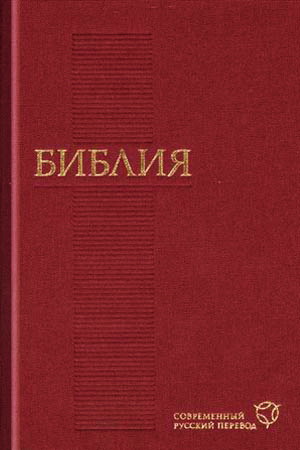
Moltmann – A Broad Place – An Autobiography
Seventy-five years ago, anyone who took the Waldörfer train from Hamburg to Grosshansdorf and got out at Buchenkamp station found himself alone among open fields. Left and right, arable lands stretched away, divided not by fences but by hedgerows, banks of earth called knicks or breaks, grown over with hazelnuts, birches, and all kinds of bushes, which were roughly cleared every seven years. At that time there were no proper roads in the area, but simply paths or tracks for farm carts, and these were generally soft and muddy. If one arrived at nearby Wulfsdorferweg—a Weg, or path, of the same kind—one found oneself in front of four similar, long double houses, red roofed and built of bricks. In a side road with the curious name Im Berge, ‘in the mountain’ (although there was nothing but flat ground far and wide), there were two similar detached houses. This was the shared ‘settlement’ of a few teachers who, in the wake of the youth movement of the time, were enthusiasts for ‘the simple life’ (propagated by Ernst Wiechert) ‘on their own soil’. They were led by the indefatigable visionary Helmut Hertling and his practical neighbour, the socialist Alfred Schär.
The gardens were grouped round a common playground and sports round, with a shared water supply and cesspit. A community hall, where music was to be taught, and a poultry farm had been planned, but these soon evidently proved to overtax the public spirit of the participants. However, there was a kindergarten (which I attended) and shared festivities, sports groups, neighbourly help—everything, in fact, which at that time belonged to a real community. There were many experiments, but not everything lasted. My parents joined in 1929 and built their house, ‘Im Berge 4’, although they didn’t have a penny in their pockets and their relatives thought them mad and offered no help. They wanted to escape from the ‘grey city walls’, and also from the housing shortage in Hamburg, and sought fresh country air and ‘the basics’ of life, a garden of their own and the fruits of their own labours. They neither drank nor smoked; there was only decaffeinated coffee, fruit juice, and margarine from the health stores. Every free moment was devoted to the garden. And my mother preserved beans, peas, and carrots for the winter.
My childhood was coloured by the spirit of this ‘settlement’, and by its problems as well. There was a group of boys about the same age (and at least four of them were called Jürgen, the name being a favourite at the time). We made expeditions to the neighbouring woods and marshes, and at ten years old, of course we all wanted to be forest rangers. In spring we leapt over the fires lit on Easter morning, singing the folk song ‘Winter Adieu’, and burning winter’s effigy. We played football, volleyball, and hockey on our sports ground. We had a game of our own called ‘Kip-pel-Kappel’, which we played in the road with sticks (there were no cars); we played hide-and-seek in the cornfields and vied with each other in climbing the highest oak trees. We were country boys, and accordingly unkempt. There were annual sports days, under the supervision—no, ‘together with’—the grown-ups. In 1937 I won the ‘Olympic pentathlon’, which consisted of high jump, shotput, horizontal bar, a board game, and musical exercises. It was the tenth anniversary of the founding of ‘our settlement’. A sports teacher was engaged for the school holidays, and this Mr Sörensen gathered us together for early morning gymnastics and took us on bicycle tours. His sister taught the girls and their mothers a special form of gymnastics (Loheländer gymnastics) about which they were particularly enthusiastic.
Jürgen Moltmann – A Broad Place – An Autobiography
London: SCM Press, 2007
ISBN 978 0 334 04127 6
Jürgen Moltmann – A Broad Place – Content
PART I YOUTH
- 1. The Settlement
- 2. July 1943: Operation Gomorrah
- 3. Prisoner of War, 1945–47
PART II APPRENTICESHIP
- 4. Theology Student in Göttingen, 1948–52
- 5. Pastor in Wasserhorst, 1953–58
PART III BEGINNINGS
- 6. The Church Seminary in Wuppertal, 1958–64
- 7. Public Theology
PART IV THEOLOGY OF HOPE
- 8. The Theology of Hope, 1964
- 9. The Christian-Marxist Dialogue
- 10. My American Dream
PART V POLITICAL THEOLOGY
- 11. A First Beginning in Tübingen, 1967
- 12. A Second Beginning in Tübingen
- 13. Lecture Tours Worldwide, 1969–75
- 14. World Mission Assembly in Bangkok, 1972–73
- 15. Ways to the Far East, 1973 and 1975
PART VI IN THE SIGN OF THE CROSS TO NEW TRINITARIAN THINKING
- 16. The Crucified God, 1972
- 17. Theological Expansions of the Horizon
- 18. Ecumenical Expansions of the Horizon
- 19. In My Own Place
- 20. In Christian-Jewish Dialogue
PART VII UNCOMPLETED COMPLETIONS—THE CHALLENGES OF LIFE
- 21. The New Trinitarian Thinking
- 22. The 1985 Gifford Lectures in Edinburgh: God in Creation
- 23. Our Long Walk to China, 1985
- 24. God—His and Hers: Joint Theology with Elisabeth
- 25. New Love for Life
PART VIII IN THE END—THE BEGINNING
- 26. The Festival of the End and the Beginning
- 27. New Emphases
Postscript
Notes
Index of Names
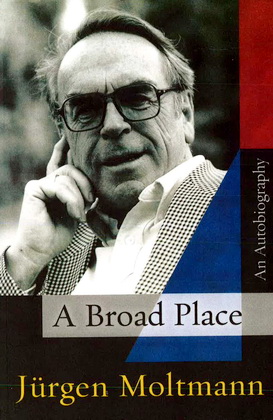
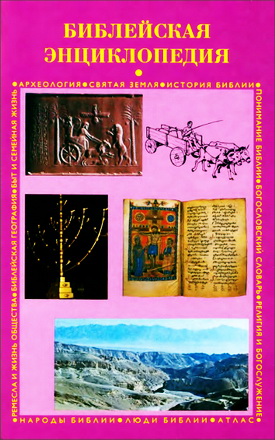
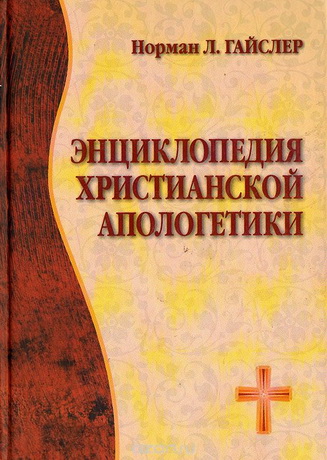
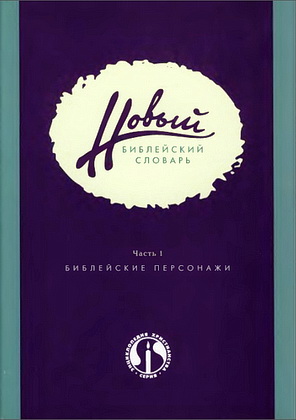
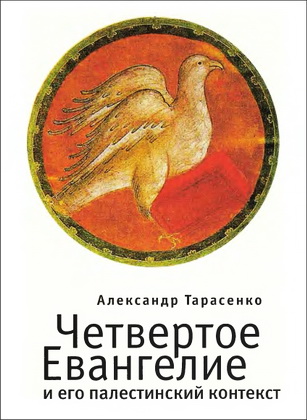
Комментарии (1 комментарий)
Большое спасибо!